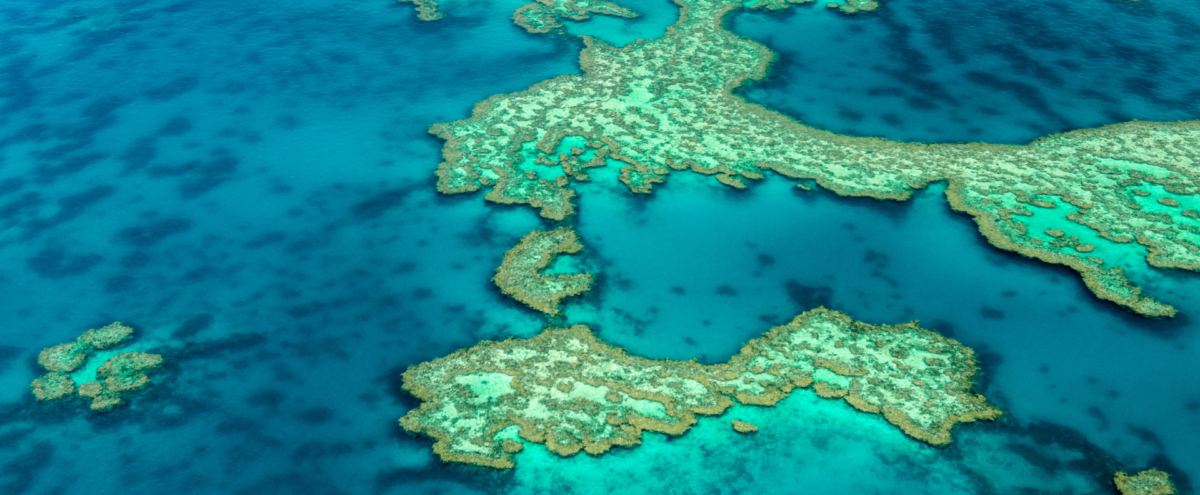
Using high-resolution satellite imagery and advanced analytics, the Allen Coral Atlas project made up of several organizations has set out to map out the entire globe’s coral reefs by 2020.
Launched after the co-founder of Microsoft, Paul Allen, witnessed a massive die-out of the coral reefs due to bleaching while on a diving trip back in 2017, Allen upon returning from his trip reportedly told his team at an organization he founded called Vulcan to “Save the coral reefs”.
Although only covering 0.1% of the ocean, coral reefs are the most bio-diverse systems on earth, supporting roughly one-quarter of all marine species and providing habitat for over 1 million fish species. Acting as a natural barrier protecting shorelines from waves caused by cyclones, hurricanes and or typhoons, the coral reefs are also incredibly beneficial for fisheries and the tourism industry.
According to a report by Vuclan, one-quarter of the reefs worldwide are already damaged beyond repair and two-thirds are under serious threat.
Recognizing the need to map out the coral reefs in order to understand where corals are dying so that conservation and restoration efforts can be best implemented, Vulcan in collaboration with University of Queensland, Carnegie Institution for Science, University of Hawaii, National Geographic, and a satellite company called Planet, have launched a dynamically updated mosaic map called Allen Coral Atlas to enable the monitoring of the coral reefs in unprecedented detail.
“Paul [Allen] challenged us with a bold and audacious goal—save coral reefs around the world…the Allen Coral Atlas is our first step toward fulfilling that mission,” said Vulcan in a tweet back in October.
To learn more about Allen Coral Atlas, click the link below.





